Implementing the LEAF Programme
The LEAF programme aligns itself with Education for Sustainable Development (ESD), the Global Action Programme (GAP) and the Sustainable Development Goals (SDGs).
The LEAF programme is operated in a thematic manner. Participating countries encourage schools to work on the different LEAF themes following the LEAF Pedagogical Cycle. The LEAF programme looks at forests and natural ecosystems from an interdisciplinary perspective by considering the multiple functions of the natural world: cultural, ecological, social and economic.
the LEAF PEDAGOGICAL CYCLE
The LEAF Pedagogical Cycle is a series of carefully engineered measures to help schools maximise the success of their LEAF ambitions. The method involves a wide diversity of individuals from the school community - with students playing a primary role in the process.
Look & Observe
The first stage encourages young people to look around and observe nature and engages them in the realisation of things around us, things that we might not be paying attention to, e.g., trees, birds, insects, or the human-ecosystem interaction. Observation is an important skill for learning, as it leads to findings, raises questions, and creates the interest to know more.
At the heart of any LEAF activity, learners should be encouraged to appreciate nature and identify (independently or with facilitation from the teacher) a problem to investigate or a question to explore. This question is what drives the learner through the following three stages.
Explore
In outdoor education, exploration allows young people to build their confidence and creativity, resulting in improved and sustained motivation to learn. The second stage of the LEAF pedagogical cycle is about diving deeper into nature to discover new information, with learners seeking information, exploring an issue (could be anything – do not always frame it from a problem perspective, appreciate what is good and why), and planning how to solve it or maintain it. This connects to active learning. It leads to an inquiry process where learners need to identify the tools that will help them solve a problem, be it by asking the right questions, finding answers, and resources, or engaging the right people.
Based on the questions learners identified in the first stage, a learning plan should be put in place that facilitates learners in the process of answering these questions through exploration. The learning plan should connect to both the LEAF themes and school curriculum, ensuring that the exploration of ecosystems and forests through the LEAF themes (see next section) is aligned with curricular learning objectives.
Analyse
Once learners have observed and explored a given topic, it is important that they analyse and reflect on what was observed and explored to transform this new information into knowledge. This process helps learners visualise the newfound information and use their critical thinking skills to make sense of the underlying structures that sustain life on Earth and provide for our everyday needs. They discover the web of life – interdependence.
In the third stage of the LEAF pedagogical cycle, educators should facilitate their learners in processing and synthesizing information, guiding learners to deepen their understanding of the natural processes at play and the connections between the environment, society, or the economy. As learners analyse, their newfound knowledge should be harnessed for behaviour change and action.
Function & Flourish
Function and flourish is the final stage of the LEAF pedagogical cycle, the objective being that learners can transform their newfound knowledge into action and continue to deepen their relationship with nature. Function can take many forms, like taking an interest in flora and fauna, service learning, sustainable consumption and bioeconomy, spending time outdoors, participation in conservation action, and more, while flourish is about taking responsibility and actions to ensure that both us and the environment can thrive in a sustainable manner. It is also an opportunity to engage others in the mission of LEAF, inviting the entire school or wider community to connect with nature.
Learning about Forests in Czech Republic
Schools work through the cycle and once they have successfully completed the cycle the school applies for the LEAF Award. Once a school is awarded, it can be renewed every year. For a school to be considered for the prestigious award it must fulfil certain criteria. While the LEAF Award will be given to schools that complete all the essential elements of the LEAF cycle, it should be remembered that the programme is flexible and that different countries will find different routes to achieving the LEAF Award. For schools looking for further information, please contact your relevant National Operator for advice.
The LEAF Award
Schools that fulfil the LEAF Pedagogical Cycle are awarded a Certificate of Achievement in recognition of their work. In a number of countries, they are awarded in the form of a LEAF plaque. This depends on the resources of the coordinating organisation within each country. The LEAF Pedagogy fulfils many of the objectives of Education for Sustainable Development and the Global Action Plan. The National Operator is responsible for the assessment and delivery of the LEAF Award in their own countries.
No Award
A number of LEAF countries are running the programme through an existing forest school programme. These countries are not following the LEAF Pedagogical Cycle or awarding the schools for their participation in the LEAF programme. However, their work is still acknowledged by LEAF International as they are still fulfilling the goals and objectives of the LEAF programme. Such schools may be awarded a Certificate of Participation.
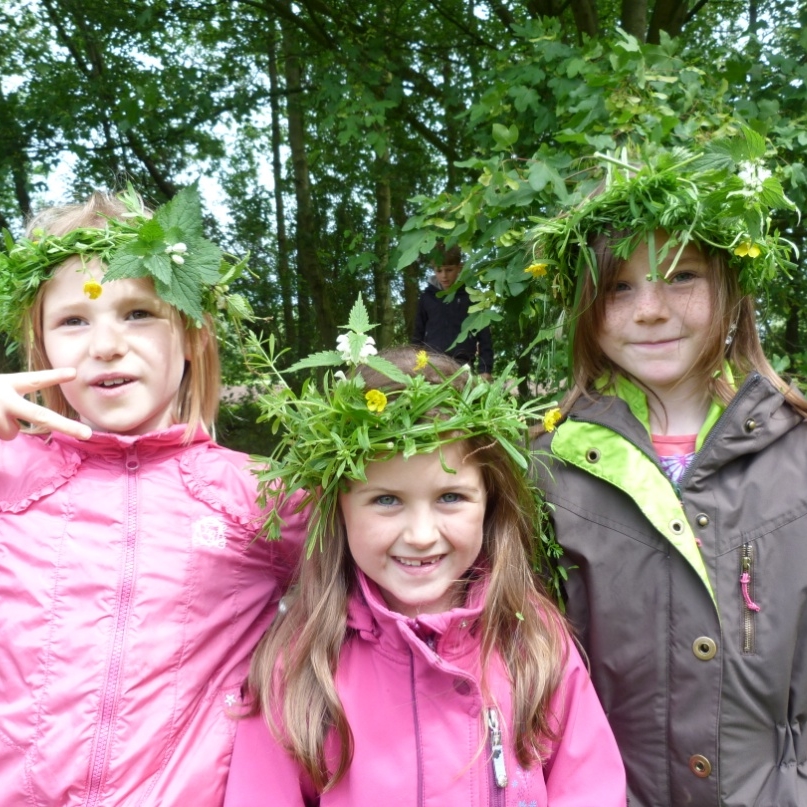
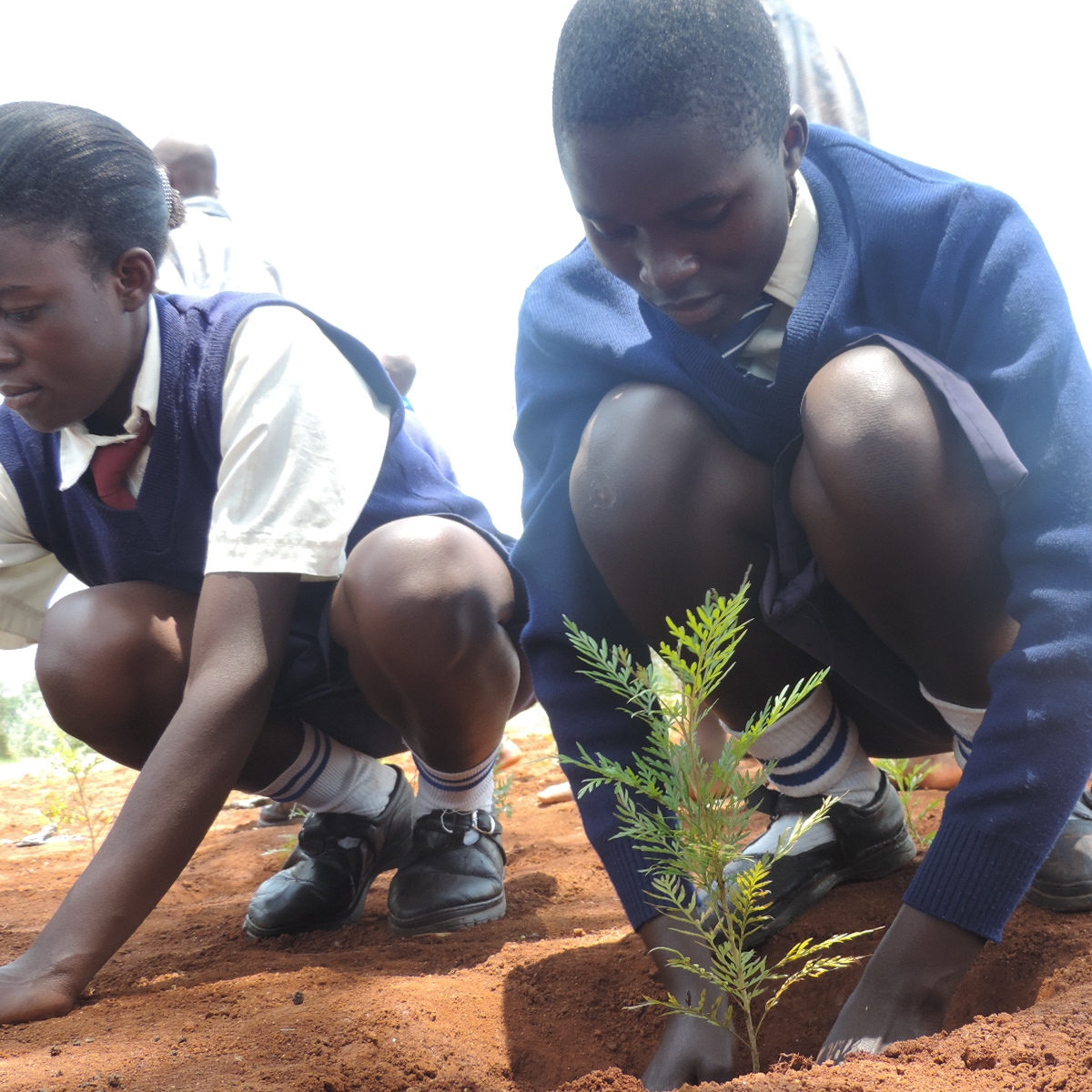
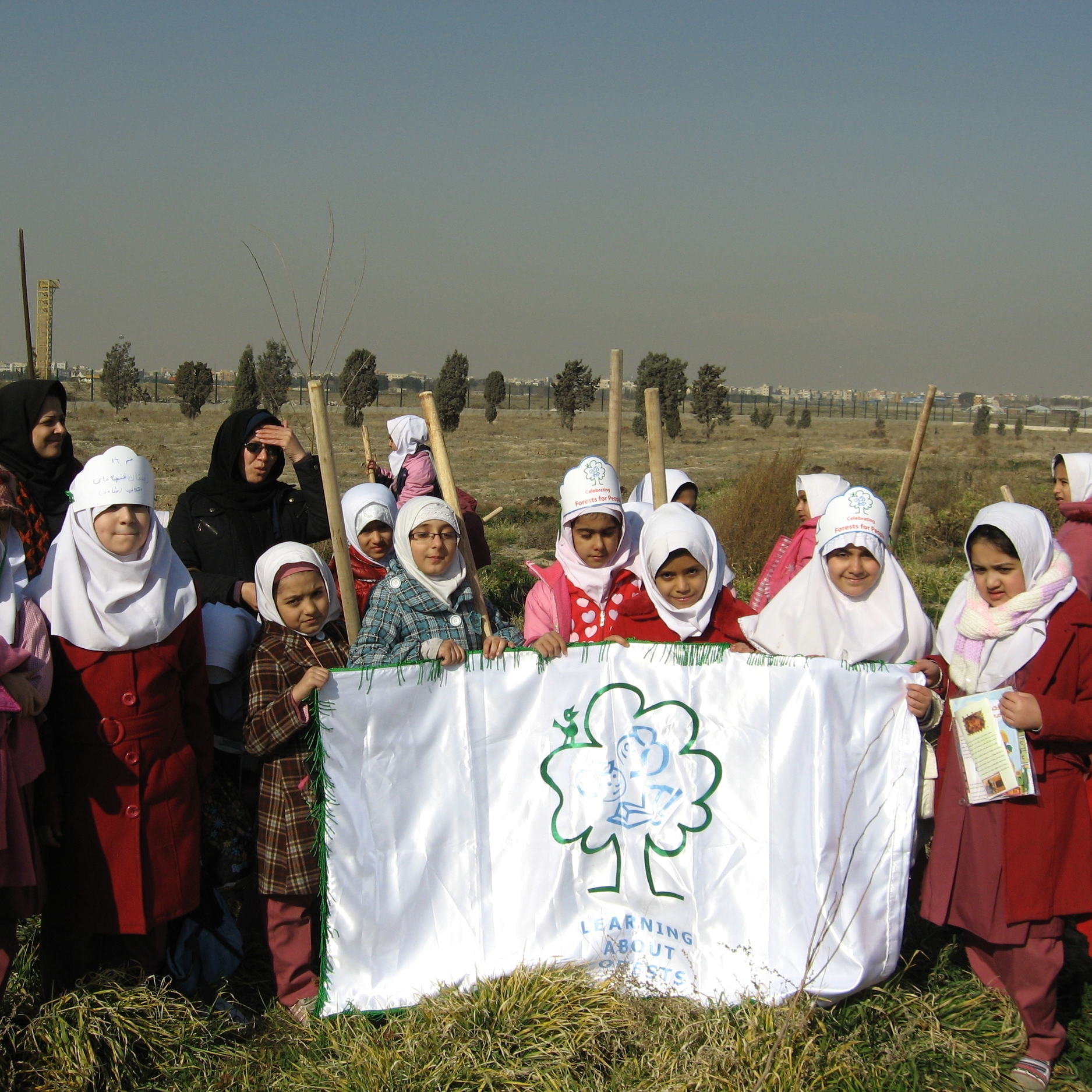

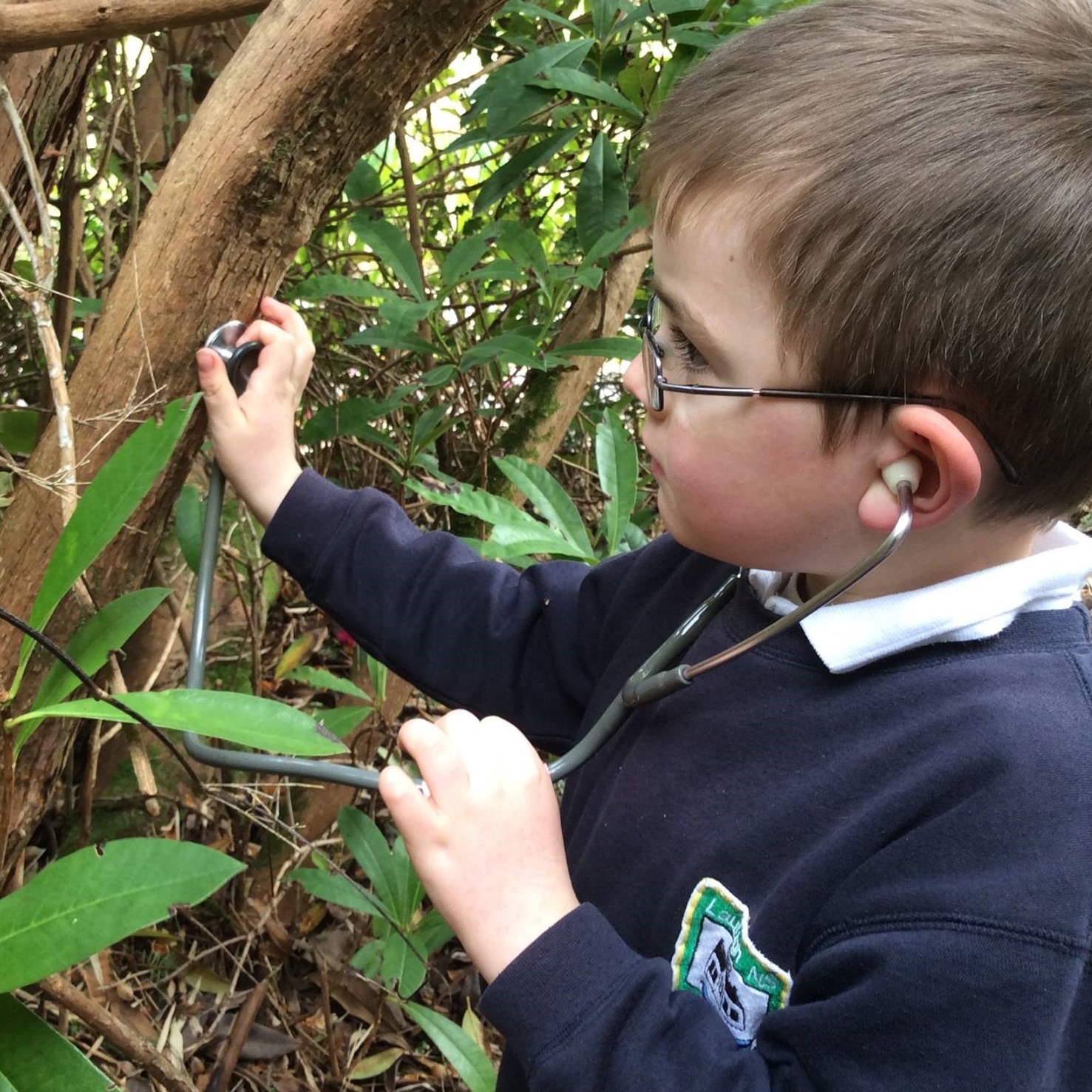
Before you get started
To engage with the LEAF programme, a school shall first and foremost register with a LEAF National Operator or LEAF Global, in the case of International Schools in countries with no National Operator. Then, it must establish a school Forest Committee. The Forest Committee will direct and address all phases of the programme and can be a school club or an informal group of students, supported by teachers, school staff, or community volunteers. Its primary task is to address problems to be solved or questions to be answered related to the four functions of forests, ecological, economic, social, or cultural, and encourage carrying out outdoor activities on any possible occasion.
